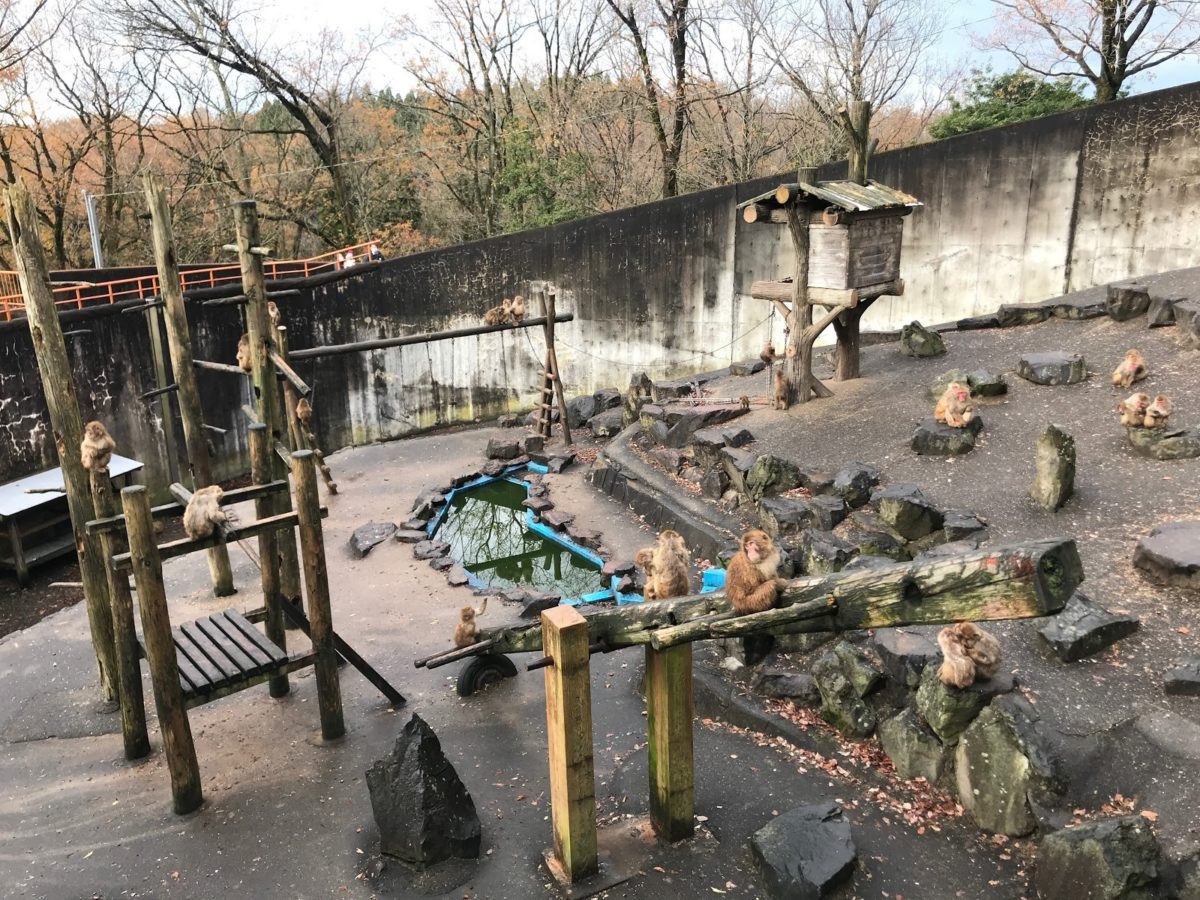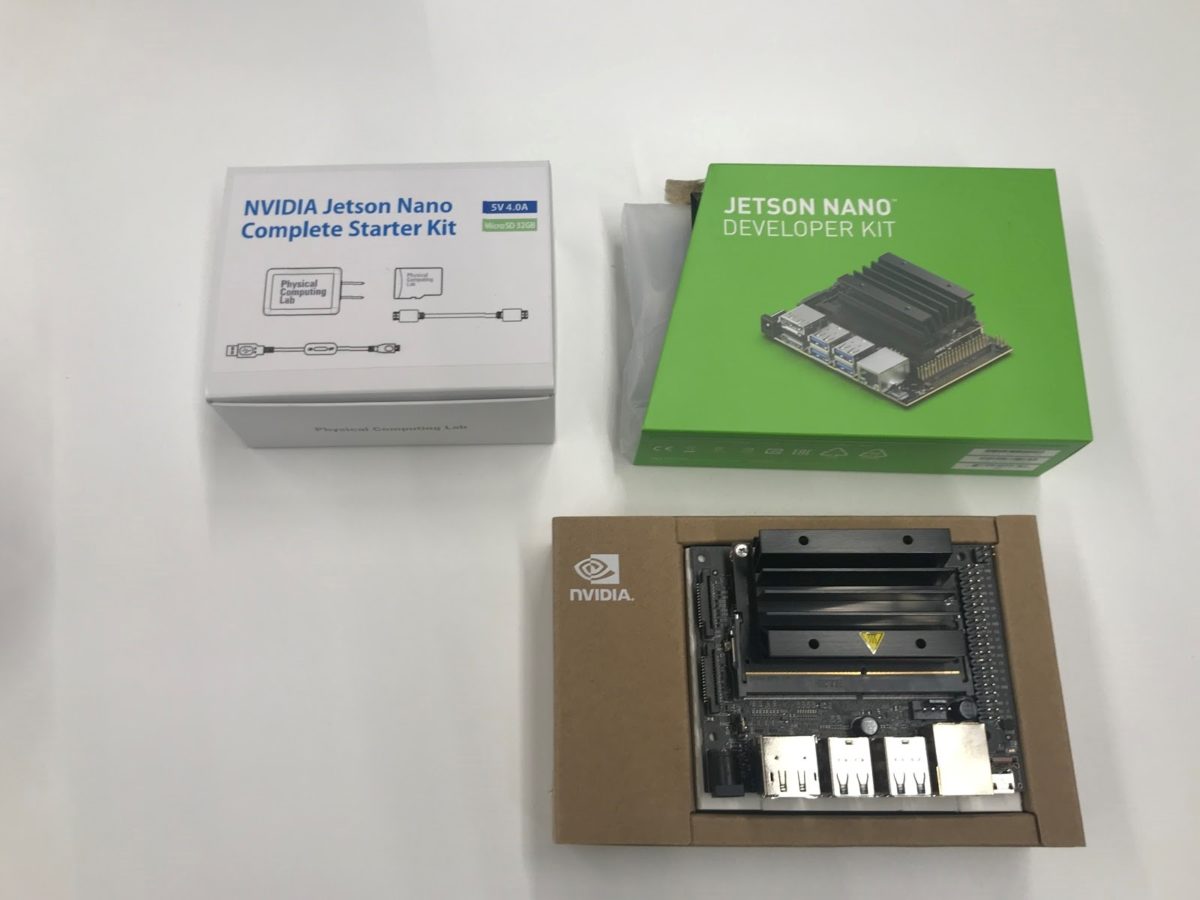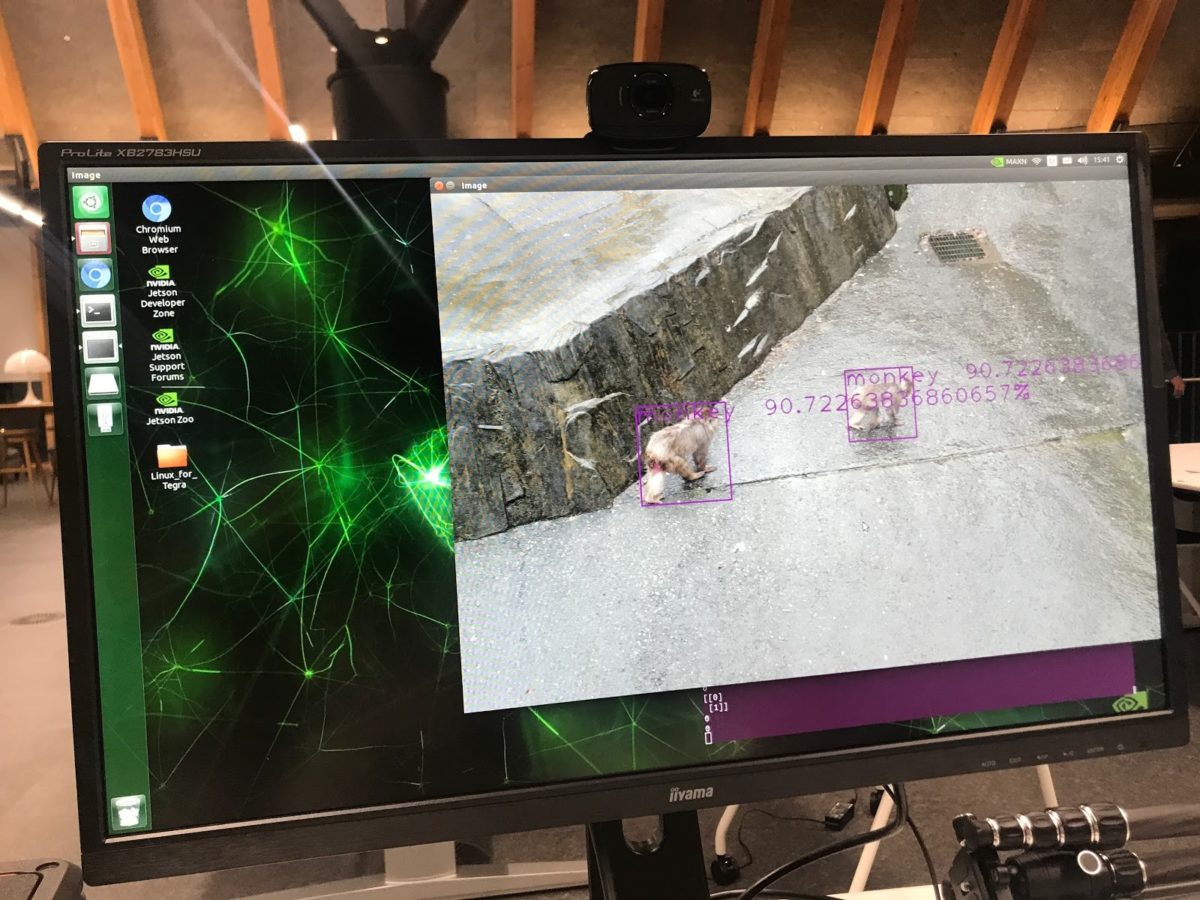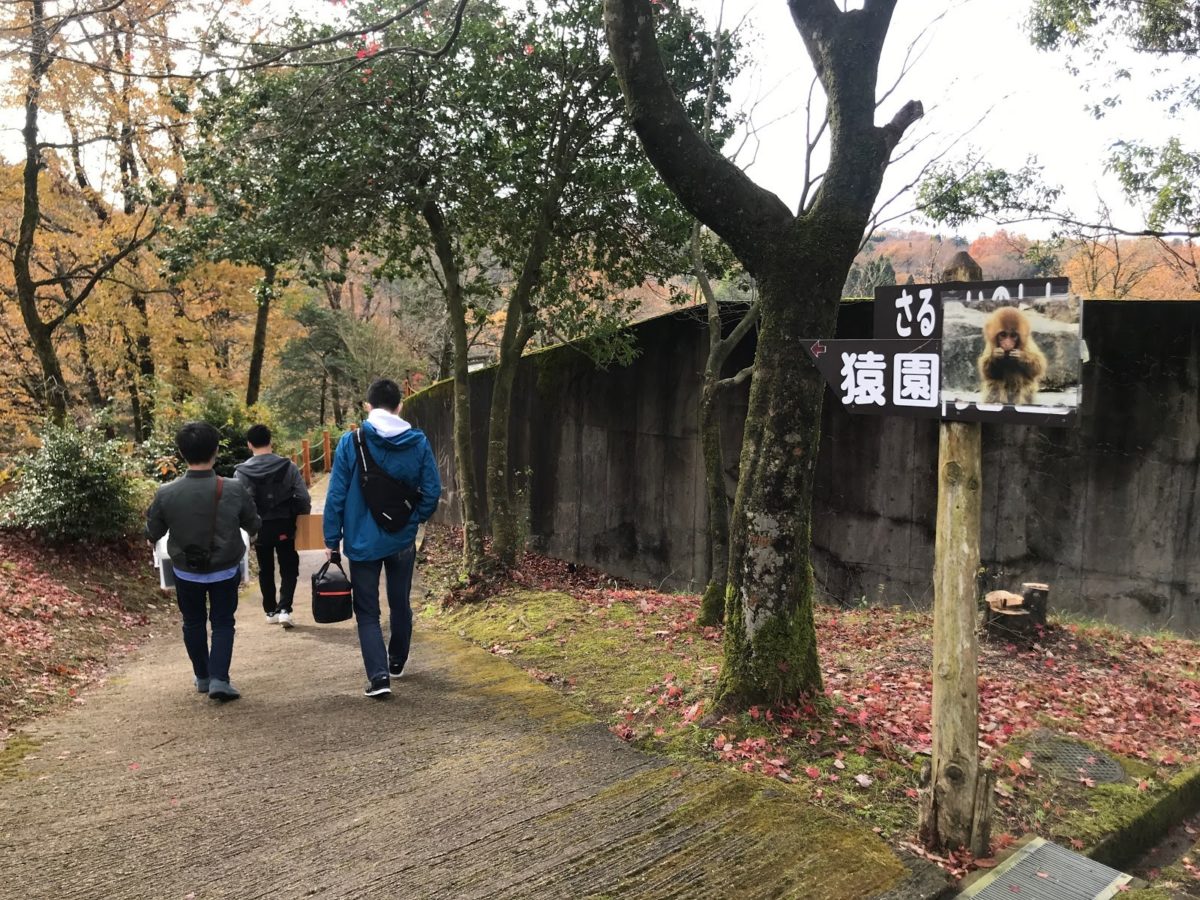 コロナの上に、例年にない大雪で白山麓では外に行くのが億劫な季節になりました。屋内で過ごすのは嫌いなわけではありませんが、私は他の学生のようにゲームが好きというわけでも、得意というわけでもないので、ずっとベッドの上でゴロゴロする日々を過ごしていました。
コロナの上に、例年にない大雪で白山麓では外に行くのが億劫な季節になりました。屋内で過ごすのは嫌いなわけではありませんが、私は他の学生のようにゲームが好きというわけでも、得意というわけでもないので、ずっとベッドの上でゴロゴロする日々を過ごしていました。
そんな私の生活を変えたのが、Fusion360でした。Fusion360は一年生のエンジニアリングデザインの最初で基礎を習うCADソフトです。たまたま後学期のエンジニアリングデザインで再び触る機会があったため、授業のプロジェクト活動の一環でやったのが本格的に触るきっかけとなりました。最初は使い方も忘れていたし、モチベーションもなかったのですが、いつの間にかそれが趣味になっていました。気が付けば夜徹夜をしてやりたくなるほど没頭していました。そんなあるとき、12月の中旬にAutodeskの学生コンテストを見つけました。最初は出場する気持ちはありませんでしたが、私の試作品を見た友達と先生から背中を押され、出場することを決めました。それから一週間ほどしてコンテストに出す作品は作り終え、友達にレンダリングをしてもらい、冬休み中に提出しました。丁度学校に帰ってきた1月6日にAutodeskから連絡があり、なんと最優秀賞を取ることができました!一月中旬には景品のAutodeskのTシャツと1万円以内の本が届き、Youtubeでの結果発表もありました。乗り気じゃない物にはまって、乗り気じゃないコンテストに出たわけですが結果的にチャレンジすることの大切さに気が付かされた経験だったと思います。これからも沢山のコンペに出場していきたいと思います。
国際理工学科1年 山崎史依
TOPICS記事
[Fusion 360 学生デザインコンテスト 2020]トップページ
[Fusion 360 学生デザインコンテスト 2020]Contest 03 結果発表
Due to the unusual amount of snowfall and COVID-19, it has become a terrible season to go outside at Hakusanroku. I don't hate spending time indoors, but I'm not as good at playing games as other students, so I've been messing around in my room all the time.
It was Fusion 360 that changed my life. Fusion360 is CAD software that we learned the basics of at the beginning of the first semester of Engineering Design. I happened to have the opportunity to use it again in Engineering Design in the second semester, so what I did as part of the project activities in the class gave me the opportunity to use it in earnest.
At first, I forgot how to use it, and I wasn't motivated, but before I knew it, it became my hobby. When I noticed, I was so absorbed that I wanted to stay up all night.
One day, I found an Autodesk student contest in mid-December. At first, I didn't feel like participating, but my friend and teacher who saw my prototype encouraged me and decided to participate. About a week later, I finished making the work for the contest, had my friends render it, and I submitted it during the winter vacation. I was contacted by Autodesk on January 6th when I just returned to school, and I was able to win the best award!
In mid-January, I received gifts from Autodesk: an Autodesk T-shirt and a book worth less than 10,000 yen, and the results were announced on YouTube. I was focused on things that I wasn't enthusiastic about, and I entered a contest that I wasn't enthusiastic about, but as a result, I think it was an experience that made me realize the importance of taking on challenges. I would like to continue participating in many competitions.
Department of Science and Technology First year, Shii Yamazaki
 Hi it's Jonathan again! Today I would like to show you the videos of the second year students talking about their Engineering Design projects. As you saw in the previous entry, students at ICT learn to find problems in their surroundings and create solutions to resolve them. The first year students focus on the Hakusanroku Campus, and the second year students take it a step further by moving their attention to the local community. Hakusanroku is a rural area in Ishikawa prefecture with problems you would expect from a village away from major cities; aging and decreasing population to name a few. The students were divided into three groups, each with a different theme.
Hi it's Jonathan again! Today I would like to show you the videos of the second year students talking about their Engineering Design projects. As you saw in the previous entry, students at ICT learn to find problems in their surroundings and create solutions to resolve them. The first year students focus on the Hakusanroku Campus, and the second year students take it a step further by moving their attention to the local community. Hakusanroku is a rural area in Ishikawa prefecture with problems you would expect from a village away from major cities; aging and decreasing population to name a few. The students were divided into three groups, each with a different theme.
Agri-tech
The "Agri-tech" group focused on the growing problem of damage to crops by wild animals. Hakusanroku is home to wild boars, bears, and MANY monkeys. Locals try to protect their crops from them with electrical fences and fire crackers. However, this is becoming increasingly difficult as they grow older and fewer in number, and because monkeys quickly learn how to avoid their defenses. Seeing this, the Agri-tech group came up with a long term plan to create a automatic defense system against the animal forces. Their goal for this year was to create a system that can detect monkeys in the wild using AI. As you can see in their presentation, they took thousands of pictures of monkeys, which they "fed" to the AI until it could steadily achieved a recognition rate of 65~90%. Since monkey attacks to crops is a nation-wide problem and their are no current known projects working on this topic, this team may be the pioneers on solving a major issue all over Japan. You can read more details about their project here.
Agri-business
The "Agri-business" group turned their eyes to the decreasing population and shrinking economy. Hakusanroku is in a negative spiral, in which younger generations leave for larger cities which in turn leads to less demand and job opportunities for them. The group challenged themselves with designing and operating a business model of growing and selling Hakusanroku branded sweet potatoes. They planted, harvested, packaged and sold their sweet potatoes "Kanjyuku-Beni-Haruka". You can read more about their project here. In their presentation, they went into more detail on how much money they made (or lost) and what changes are necessary to actually create a sustainable business model in Hakusanroku.
Nigyo-Jyoruri
Nigyo-Jyorui is a traditional puppet show dating back more that 300 years ago. The people of Higashi-futakuchi district have continued to preform it every year. However, their numbers are also dwindling and they have few young performers that serve as potential successors. You can read about the history of Ningyo-Jyoruri in this article. The group was limited on what they could actually do due to COVID-19, especially because this year's performance was canceled. In there presentation, they explained that after exhausting ideas such as collaborating with popular anime or creating online videos to spread the culture, they finally decided to appeal to the local children of Hakurei Elementary and Junior High School by hosting a doll making event at ICT. In the event, kids could use a 3D scanner and 3D printer to create Nigyo-Jyoruri dolls using their own scanned faces. Potentially, this would benefit both sides by introducing kids to ICT's technology and Ningyo-Jyoruri culture.
This final presentation was a great display of how much the second year students have grown. All their hard work has paid off by increasing not only their technological skills, but teamwork, time management, presentation skills, and English skills.
Jonathan
You can see their presentations in the videos below. (The first two are in Japanese and last one is in English)
こんにちは、ジョナサンです!今日は2年生のエンジニアリングデザインの最終発表の様子を動画でお見せしたいと思います。その前に2年生のエンジニアリングデザインのプロジェクトについて。前回の記事でも書いたように、国際高専では身の回りにある課題を発見し、解決する授業がエンジニアリングデザインです。1年生はこの白山麓キャンパス、2年生は一歩進んで周辺地域の課題発見解決に臨みます。石川県の南に位置する白山麓は農村地特有の人口減少や若者の離脱などの課題を抱えています。学生たちは3つのグループに分かれてこれらの課題に取り組みました。
アグリテック班
アグリテック班は白山麓の獣害の問題に着目しました。白山麓では猿による農作物への被害が年々深刻化しています。地元住民は電気柵や花火などで対抗していますが、猿の学習能力の高さは脅威であり、住人の高齢化による体力減衰や人手不足の影響で劣勢を強いられています。これに対し、アグリテック班は獣害対策としてAIの力を借りようと考えました。長期的には自動で動物を発見し、畑から守ってくれるシステムを開発設置することが目標です。今年の2年生の目標はAIを使って猿を認識するシステムの開発でした。発表で学生は、猿の写真を何千枚もAIに「食べさせる」ことによって、65~90%もの高い認識率を達成できたと語りました。猿被害は全国的な問題で、このプロジェクトが成功すれば、日本初の自動猿撃退システムになる可能性を秘めています。アグリテックの活動についてもっと詳しく知りたい場合はこちらの記事をご覧ください。
アグリビジネス班
アグリビジネス班は人口減少と地元経済の関係に着目しました。白山麓は高齢化によって経済が後退し、それがさらなる若者の流失を招いている負のスパイラルに見舞われています。学生は白山麓で持続可能なビジネスモデルを確立することを目標に、白山麓ブランドのさつまいもを栽培・販売することに決めました。「甘熟紅はるか」と名付けられたさつまいもは学生たちが自ら種植え、草むしり、収穫、仕分け、ラベル作り、梱包、出荷をこなしました。このプロジェクトについてもっと知りたい場合はこちらの記事をご覧ください。発表の中で学生は収入と支出を述べ、継続的なビジネスモデルを形成するための条件を事細かに説明しました。
人形浄瑠璃
東二口地区で毎年行われている文弥人形浄瑠璃は300年以上の歴史がある伝統文芸です。しかし、最近では保存会会員も減り、後継者不足に悩まされています。人形浄瑠璃の歴史について詳しく知りたい方はこちらの記事をご覧ください。難しい課題な上、今年はコロナ禍の影響で公演が中止となってしまったため、活動範囲は限られてしまいました。発表の中で学生は人気アニメとのコラボレーションやインターネット動画サイトを使ったプロモーションなどのアイデア出しをするも実らず、視点を変えて後継者不足の課題に集中することを決めました。そのために国際高専の強みを活かして、地元の白嶺小中学校の子供たちを対象に人形作りイベントを開催することにしました。このイベントでは3Dスキャナーと3Dプリンターを使って子供たち自身の顔の人形を作ることができました。このイベントによって地元の子供たちが将来的には人形浄瑠璃の後継者を見つけるだけではなく、国際高専で学べる工学にも興味を持ってもらおうという意図が含まれています。
全グループの発表を見て、1年間の成長を実感できる内容でした。技術力に加え、チームワーク、時間管理、発表能力、英語力が、様々な課題を乗り越えて成長したと感じました。
ジョナサン
発表の様子は動画をご覧ください。
 Hi, it's Jonathan, the camera man. Today I would like to give a report about the final presentations for the first year students' Engineering Design 1B projects held on January 16. Engineering Design is the class in which students design solutions for problems within their local community. Students were divided into three groups and given the task of creating a prototype that helped their respective target group. The three targets were the security staff, cleaning staff, and onsen staff. Also, the prototype must be made using LEGO EV3 and biomimicry, which is the method of implementing characteristics of nature or animals into your project. Each group interviewed their target to understand their needs before deciding on what to create.
Hi, it's Jonathan, the camera man. Today I would like to give a report about the final presentations for the first year students' Engineering Design 1B projects held on January 16. Engineering Design is the class in which students design solutions for problems within their local community. Students were divided into three groups and given the task of creating a prototype that helped their respective target group. The three targets were the security staff, cleaning staff, and onsen staff. Also, the prototype must be made using LEGO EV3 and biomimicry, which is the method of implementing characteristics of nature or animals into your project. Each group interviewed their target to understand their needs before deciding on what to create.
In the beginning of this semester, the students started by learning how to use LEGO EV3. LEGO EV3 is a robotic kit that you can customize and program. This took several weeks as the students learned how to build the blocks and gears, and program the robot to move as intended. They were given multiple courses that the robots had to complete. There was much trial and error as the students learned the fundamentals of robot programming. The pictures above were taken last October.
These are pictures of students a few days before the final presentation. Students learned how difficult time management is the hard way. All teams had to crunch after school to meet the deadline.
Security Staff Group "Sanitaika"
The security staff group learned from their interview that the guards had trouble noticing when visitors came into the building because they do not have a direct view of the entrance from their office. To solve this problem, the students designed a machine that detects and notifies the guards whenever the automatic doors open. The animal they mimicked was the firefly squid (famous in Toyama prefecture). The machine lights up to tell visitors where to go and also has an automatic hand sanitizer function. The students emphasized in their presentation that the wished to add a "fun element" to liven up the security staff's working environment. In this case, they designed a rotating mechanism that shows a man running through trees of the four seasons each time the sensor detects a visitor.
Cleaning Staff Group "Gommit"
The group that targeted the Hakusanroku Campus cleaning staff concluded from their interview that they should show more gratitude to the cleaning staff and make their jobs more enjoyable. To achieve this, they designed a machine attached to one of the garbage bins. They installed a sensor that detects how many times trash is thrown into the bin and a fan that opens depending on how full the garbage bin is. This fan is the group's biomimicry idea taken from the peacock. This is a visual indication of how full the garbage bin is. However, this is not the only function. When opening the garbage bin to remove the garbage bag, one of three stuffed animals will appear and make a sound. The animals and sounds are random so that the cleaning staff can enjoy this feature each time they use it.
Onsen Staff Group "EV8"
The final group was the most aesthetically pleasing onsen staff group. Hakusanroku Campus has an onsen facility and this groups goal was to create something that would benefit the staff there. After interviewing the maneger and staff, the group learned that they desired to know if and how much the customers enjoyed their experience. To fulfill this, the group designed a machine that lets customers easily give their feedback. There are four sensors on the front of the base, which represent "Great" to "bad". (they plan to add smiley faces in the final version) Feedback is recorded on a memory card, so the onsen staff can view and keep track of the results. Also, a flower will bloom every five times a customer gives positive feedback. Since this machine will be installed in the onsen, students focused on aesthetics as well. They created two dioramas representing the seasons of Hakusanroku's landscape and gave the whole box a clean look.
All three groups' ideas and prototypes were unique and fascinating. They were well thought out and I could see how they improved their project from their first prototype to the second and final version. This is also why I could not help seeing room for improvement. The presentations were in English, which the Japanese students have still to master. Still, they could have been much better with practice. Also, each team needed to work until the last moment; which was a shame because they were all great! I am definitely planning to use this day as a mental waypoint to look back on and see how much they have grown in the future.
Jonathan
こんにちは、カメラマンのジョナサンです。今日は1月16日に行われた1年生のエンジニアリングデザインIBのプロジェクト最終発表について書きたいと思います。エンジニアリングデザインは学生たちが身の回りの課題を発見し、解決策を創出する授業です。今回は3つのグループに分けられ、それぞれ警備員、清掃員、温泉スタッフの3つの対象に向けた課題解決のプロトタイプ製作を目標としました。プロトタイプはLEGO EV3で作られ、自然界からヒントを得るバイオミミクリーをプロジェクトに取り組まなければなりません。各グループはそれぞれの対象顧客へのインタビューから活動を開始しました。
学期はじめ、1年生はLEGO EV3について勉強しました。LEGO EV3はカスタマイズ性があり、プログラミングで動かすことのできるロボットのキットです。学生たちは数週間かけてブロックの組み合わせ方や意図通りにロボットを動かすプログラミングの練習をしました。複数の課題やコースが用意され、学生たちは試行錯誤しながらクリアしていきました。写真は去年の10月に撮った時の様子です。
次の写真は最終発表が行われる1月16日の前日までプロトタイプ製作に励む学生たちの様子です。どれほど時間管理に気を配ったつもりでも、ギリギリになってしまう経験は皆さんもあるのではないでしょうか。ここでは、放課後に残業する学生たちの姿がありました。
警備員グループ「Sanitaika」
警備員グループはインタビューの中で、玄関が警備員室から死角になっているせいで、訪問者に気付かないことがある課題を知りました。これを解決するために自動ドアが開いた時に知らせてくれる装置を考えました。取り入れたバイオミミクリーは富山県で有名なホタルイカで、青く光って訪問者に場所を知らせる機能があります。また、センサーが反応して消毒液が出る機能もあります。学生たちはこれに加えて警備員たちの仕事を楽しくする要素を加えたかったと述べ、ただ光や音で知らせるのはではなく、四つの季節を現した木々が描かれた丸いアクリル板を製作し、訪問者が来た時に回転して中央の人間が季節の中を走っているように見せる遊びを加えました。
清掃員グループ「Gommit」
白山麓キャンパスの清掃員を対象にしたグループはインタビューをして、感謝の気持ちをより伝えるとともに、仕事を楽しくするプロジェクトを考えました。思いついたのはごみ箱に取り付ける装置です。内部のセンサーがごみを感知し、投げ込まれた数を数えます。それに合わせてうしろの扇子が開いてゆき、15回で満開になります。これによって清掃員は確認せずともごみの溜まり具合がわかるという仕組みです。扇子は孔雀から取ったバイオミミクリーのアイデアです。しかし、このロボットの機能はこれだけではありません。ごみ袋を取り出すために扉を開けると、動物の声とともにぬいぐるみの顔が現れるようになっています。しかも、動物は猫、猿、ひよこの3種類あり、どの声と動物が出現するかはランダムとなっていて、清掃員が長く楽しめる配慮がされています。
温泉スタッフグループ「EV8」
最後のグループは見た目も美しい温泉スタッフグループでした。白山麓キャンパスには温泉施設が隣接されています。スタッフに話を聞くと、お客さんの感想をもっと知りたがっていることがわかりました。これを叶えるために学生たちは温泉に入った人が簡単に感想のフィードバックができる装置を製作しました。装置の正面には四つのセンサーがあり、それぞれ「とても良かった」~「良くなかった」の感想レベルを表しています。(最終版にはニコニコ顔などが表示される予定だそうです)お客さんの感想はメモリーカードにデータ化され、パソコンに取り込むことによって確認したり、記録したりすることができます。また、良い感想を5回検知すると、モーターが回転して上部のジオラマに花が咲くようになっています。そして、ほかのグループと違って公共の場に置くため、外観にも力を入れました。上部には白山麓の季節を現した2つのジオラマがあり、箱自体もすっきりとした見た目になっています。
いずれのプロジェクトも個性的で、素晴らしいものでした。インタビューをしてからじっくり考え、最初のプロトタイプから行った改善点がよく見えました。もちろん、成長の余地もあったように思えました。発表は英語で行う必要があったとはいえ、練習次第ではもっと上達すると感じました。また、発表直前まで追い込み作業をしているグループが目立ち、時間管理の難しさを痛感したはずです。素晴らしいプロジェクトだったからこそ、きっと悔しい思いと思います。今後、彼らの5年間の成長を見守っていく中で、今回の発表をひとつの懐かしい比較点として心に留めておこうと思います。
ジョナサン

 Hello everyone, Welcome back to the journey (^o^)//. As you follow Hakusanroku Journal, The group of second-year students has been doing in Engineering Design class. Some of the students planted sweet potatoes in the garden across the campus. Unfortunately, The monkey gangsters stole the lovely sweet potatoes from the students.
Hello everyone, Welcome back to the journey (^o^)//. As you follow Hakusanroku Journal, The group of second-year students has been doing in Engineering Design class. Some of the students planted sweet potatoes in the garden across the campus. Unfortunately, The monkey gangsters stole the lovely sweet potatoes from the students.
Following this journal : https://www.ict-kanazawa.ac.jp/journal/12370/
皆さん、こんにちは。旅路へおかえりなさい(^o^)// 白山麓ジャーナルを普段から読んでいる方は、2年生のグループによるエンジニアリングデザインの活動について読んだことがあるでしょう。キャンパスの向かいの畑にさつまいもを植えた学生のグループがいます。しかし、残念ながら愛情を込めたさつまいもは猿のギャングによって盗まれてしまいました。

However, The “Agri-tech” group decided to create a system that can detect the monkey by using Artificial Intelligence (AI). They went to Ishikawaken Shinrin Koen Forest Zoo in Tsubata-machi and took photos of monkeys for teaching a machine (Machine Learning : ML) to recognize the monkey.
これを受けて、「アグリテック班」は人工知能(AI)を利用して猿を検知できるシステムの制作を決意しました。津幡町にある石川県森林公園の動物園で猿の写真を撮って、機械に学習させました。(機械学習=ML)
In my part, I have been used to Machine Learning before. Then, I suggest the student use the Jetson nano development board for their project. Jetson nano is a Small, Powerful computer for makers, learners, and developers. It’s easy to get started building practical AI Applications.
私は以前にも機械学習をしたことがありましたので、学生たちにJetson nano development boardを使うように勧めました。Jetson nanoはエンジニア、学生、開発者用に作られた小型ながらパワフルなコンピューターです。AIを使った実用的なアプリケーションを初めて作る人に適しています。
After the students took a Thousand monkey photos, We had to supervise the machine to recognize the monkey. We start designing the system and labeling all the images where the monkeys are in the photos.
猿の写真を千枚撮ったら、次は機械が猿を見分けられるように手助けしなければなりませんでした。ここではシステムを設計して写真の中の猿にラベルを付けました。
The students spend a couple of weeks training a model that uses 100 images, 200 images, 300 images, and increasing to 1500 images and So on.
学生たちは数週間かけて、100枚、200枚、300枚…1500枚…と枚数を増やしていきました。

Finally, We got a model that is high accuracy and satisfied.
ようやく満足できる高い認識率を達成できました。
We went back to Forest park again and tested our machine. As you can see in the video, The system can detect real-time and count the monkeys by using a USB camera.
完成したモデルを持って森林公園に戻り、試験を行いました。下の動画で見てわかるように、システムがUSBカメラに映った猿をリアルタイムで認識して数えています。
In the future, The students plan to make a box cover the device and install the machine in their garden to protect our sweet potatoes from the monkey.
将来的にはデバイスを収納する箱を作って、畑に設置してさつまいもを猿から守りたいです。
Apirak Sang-ngenchai
アピラク・サンゲンチャイ
+++
電気学会 U-21 学生研究発表会で最優秀賞受賞
学生3名はSDGsをテーマにこの研究を電気学会「U-21学生研究発表会」で発表し、見事、最優秀賞を受賞しました。詳しくはこちら。
 Hello everyone, Jomkit here with my very first journal entry! It’s been a few weeks since I started working here, but the beauty of nature still astounds me. I am not much for photography, but when I see the landscape surrounding us I can’t help but try and capture it on my phone. I’m no stranger to towering mountain ranges and trees that carpet them, but in my hometown of Portland, Maine, I would need to drive 45 minutes out of the city to see such magnificence. Here, all it takes is one glance out the window and I’m faced with a visage painted by the turning of the seasons.
Hello everyone, Jomkit here with my very first journal entry! It’s been a few weeks since I started working here, but the beauty of nature still astounds me. I am not much for photography, but when I see the landscape surrounding us I can’t help but try and capture it on my phone. I’m no stranger to towering mountain ranges and trees that carpet them, but in my hometown of Portland, Maine, I would need to drive 45 minutes out of the city to see such magnificence. Here, all it takes is one glance out the window and I’m faced with a visage painted by the turning of the seasons.
With that being said, the Hakusan area is much quieter than what I’m used to. Growing up I lived in the city next to a hospital, so there were many nights where I fell asleep in conditions some people would consider too noisy to think. But I’m getting used to the calmness of the rural area, and there’s certainly a few sights to see. One thing that has helped me deal with homesickness is walking to the nearby coffee shops, such as Kijitora or Koubou. I absolutely love trying new coffee, and neither of these places have disappointed. Kijitora’s style is delightfully reminiscent of the cafes in my hometown, and they have a fantastic selection of espresso drinks. Koubou on the other hand may only offer a limited selection of drink styles, but their cozy seats and warm atmosphere really makes you lose track of time. The homemade baked goods are likewise delightful. I’ve heard the coffee scene in Ishikawa is bustling, so I look forward to getting to know the specialties of local shops and roasters.
Jomkit Jujaroen
はじめまして。ジョムキット先生の最初の白山麓ジャーナルですよ!ここで働き始めてから数週間が経ちましたが、いまだに周辺の自然の美しさに驚かされます。写真は得意じゃありませんが、周りの地形を見るとスマホのカメラ機能で捉えようとしたくなります。そびえたつ山麓や生い茂る森林は私の故郷のメーン州のポートランドにもあるのですが、見るためには市外へ45分は運転しないといけません。ここでは窓の外をのぞくだけで季節に彩られた風景画が目に飛び込んできます。
それはそうと、白山麓は故郷よりずっと静かでもあります。町中の病院の隣の家に生まれ育った私は、人によってはとても眠れないような光と騒音の中眠りにつくことに慣れています。しかし、人里離れたここの静けさに馴染んできました。ホームシックを紛らわせるためによくしているのはキジトラコーヒー研究所や珈琲KOUBOUなどのカフェまで散歩することです。新しいコーヒーを試すのは大好きで、いずれの店も納得の美味しさです。キジトラは故郷のコーヒーを思い出させてくれる素敵な味ですし、エスプレッソの種類が豊富です。KOUBOUは飲み方のバリエーションこそ少ないですが、温かみのある雰囲気が時間を忘れさせてくれます。手作りの焼き菓子も最高です。石川県はコーヒーに熱い県と聞いていますので、地元の店やロースターを回るのが楽しみです。
ジョムキット・ジュジャロエン










































